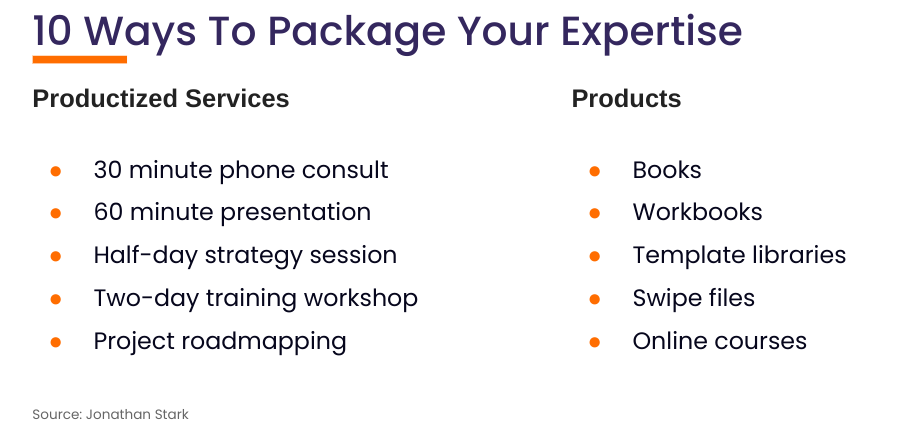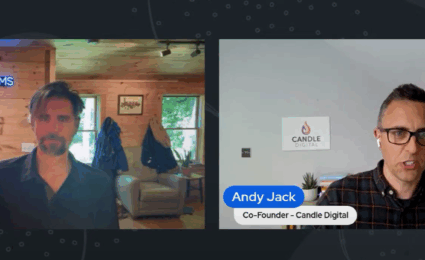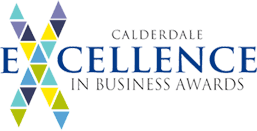What is a subject matter expert?

At Candle Digital we love working with subject experts to turn their expertise into digital education products. These often take the form of online courses (in a variety of formats), resource hubs and online academies.
Initially, we identify a blueprint for online learning that’ll work for their business and lifestyle. This’ll consider what type of product will work well for them and their audience, how it fits in with their other products and services and how they can grow and scale this at the right pace for them.
But strictly speaking, what is a subject expert?
Whether they are termed specialists, gurus, authorities, masters or scholars, a subject expert is someone who has a high level of knowledge or skill in a particular subject or field.
They are often considered authorities on their topic of expertise and are sought out for their specialized knowledge and skills.
We all know or are aware of people we would consider subject experts. Think Richard Branson in business, Brian Cox for astronomy, or Jane Goodall the animal behaviourist. These people have a deep and intimate understanding of their expertise, and this often comes with a certain gravitas and a big following.
How do you become a subject expert?
It takes time. Subjects expert often become them through a combination of:
- Formal education: Someone who has completed further education or received a professional certification in a particular subject may consider themselves to be an expert in that field.
- Professional experience: Someone who has spent a significant amount of time working in a particular field and has developed a high level of expertise through on-the-job training and experience may consider themselves to be an expert in that subject.
- Knowledge and skill: Someone who has a thorough understanding of a particular subject and has developed a high level of skill in related tasks may consider themselves to be an expert in that field.
- Recognition from others: Someone who is widely recognized by their peers as being knowledgeable and skilled in a particular subject may consider themselves to be an expert in that field.
However, whether someone is considered a subject expert is often subjective and may depend on the individual’s own perception of their knowledge and skills as well as the opinions of others.
This is where imposter syndrome can kick in. Many people don’t recognise that they are subject experts at all, despite having knowledge and skills that many people would love to acquire.
Do you feel uncomfortable labelling yourself as a subject expert?
Don’t worry, many do.
We’re fans of a couple of different takes on this that may change your mind.
The 25% rule
The 25% Rule is a concept that was popularized by Scott Adams, the creator of the Dilbert comic strip. It refers to the idea that, in order to be an expert in any given field, a person only needs to know about 25% of the total available knowledge on the subject.
According to Adams, the other 75% of the knowledge in a field is either outdated, incorrect, or unnecessary for practitioners to be successful.
Where this becomes interesting, is if you’re in the top 25% of 2-3 different fields. All of a sudden, you become the 1-2% expert in that intersection.

For example, you could help people use LinkedIn within the creative industries. Maintain their mental health through pregnancy. Or help doctors and surgeons grow their financial portfolios.
In an interview with Tim Urban of Wait But Why, Elon Musk famously spoke about how his background in physics, economics, and engineering helped him identify the potential for electric vehicles and develop the technology to bring them to market.
He wasn’t ‘the’ expert on either field, but by combining knowledge from multiple areas he created a distinct advantage.
Action: Simply think about two or three fields you could talk confidently about to a friend or client, then explore how you could combine these to create your micro-niche.
The 2-year test
Dickie Bush (an authority on digital writing as it happens) says that many content creators struggle to think of new content ideas. His circuit breaker is the ‘2-year test’:
One of the biggest mistakes beginner writers make is thinking they have to be an "expert" to write about something.
But this is wrong.
The truth is, people don't want to learn from experts.
They prefer to learn from those just a few steps ahead of them on the same path.
— Dickie Bush 🚢 (@dickiebush) January 19, 2022
This is a new way to frame it. Perhaps you have a skill or expertise that you’re still working on. In our rapidly-changing world, being 2 years ahead on anything – whether that be creating a certain lifestyle, using AI in your industry, implementing new legislation into your organisation – can still be of huge value and something you can monetise.
Action: Brain dump every problem you’ve solved and topic you’ve learned in the past two years. What stands out? What can you group?
Monetising your subject expertise
So you’re confident you can label yourself a subject expert. What now?
There are many different ways you can create products and productize your services. Take Jonathan Stark’s ten examples below:

We’re experts in the last option – online courses. So if you’re a subject expert wanting to create their own online programme, then book your free discovery call.
Fresh Insights Direct to Your Inbox
Enjoyed this article?
Join the Candle Digital Mailing List
You’ve Mastered Your Craft. Now Scale It.









